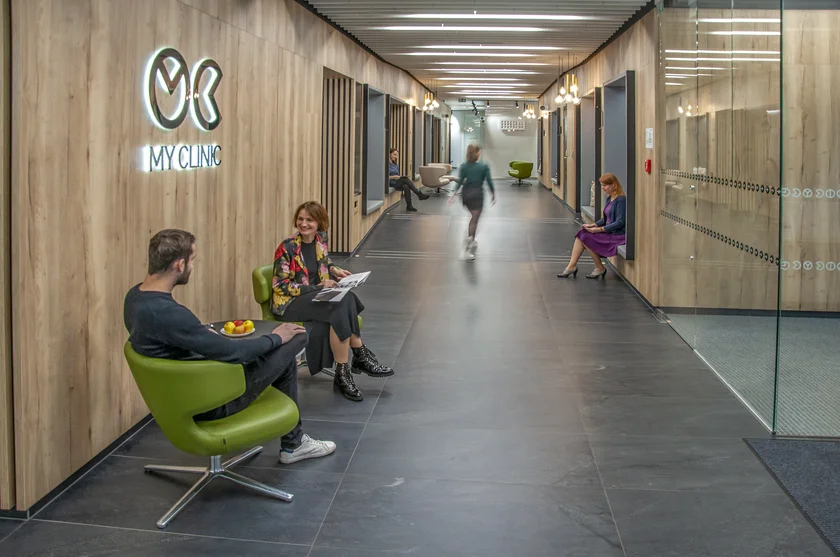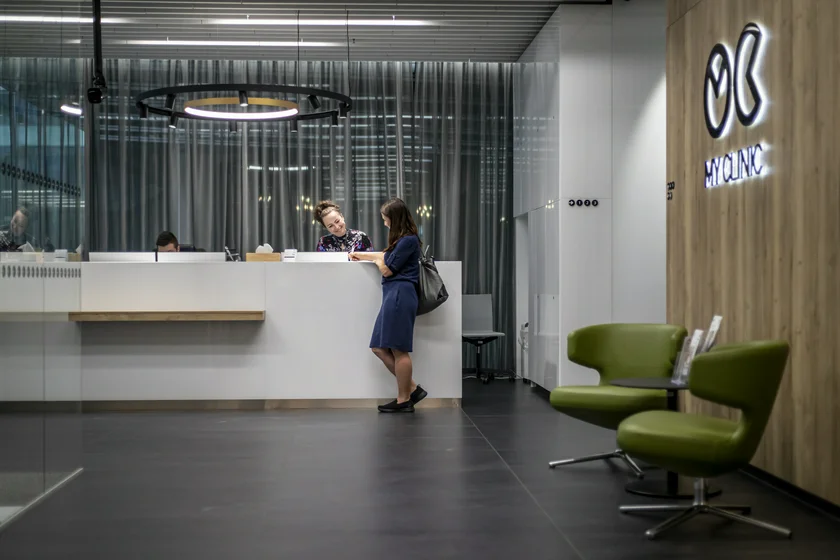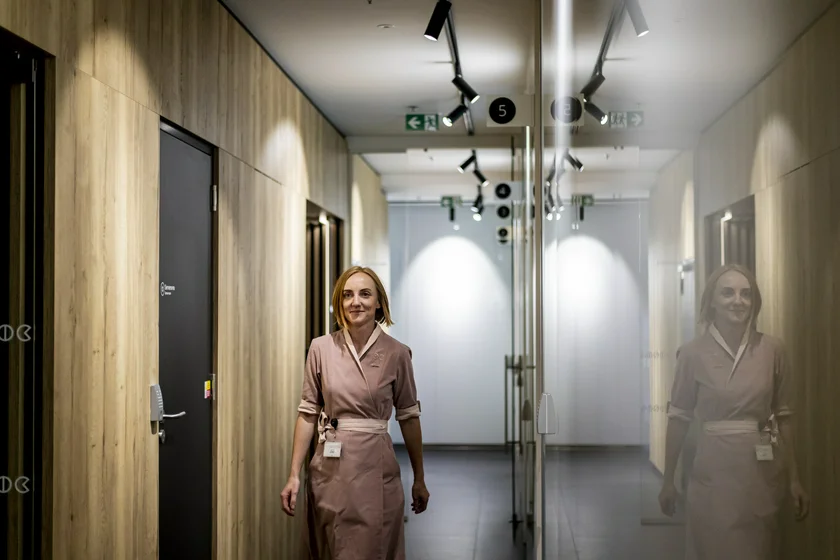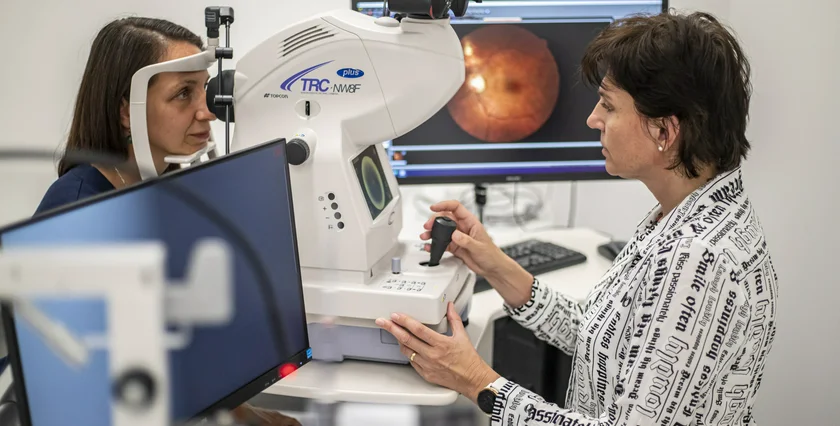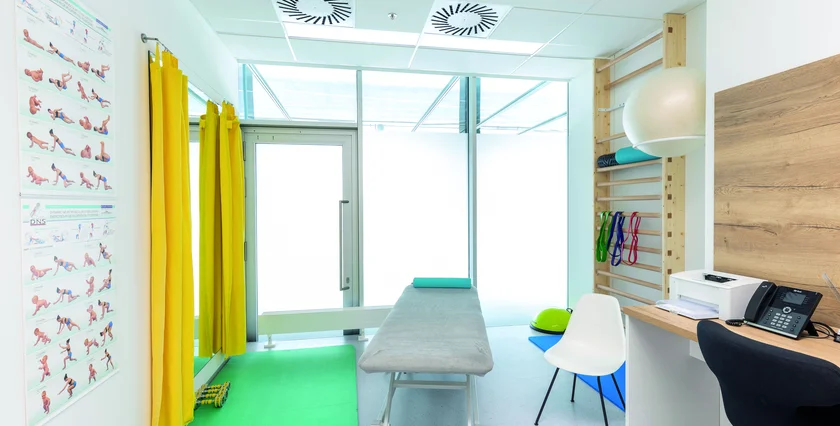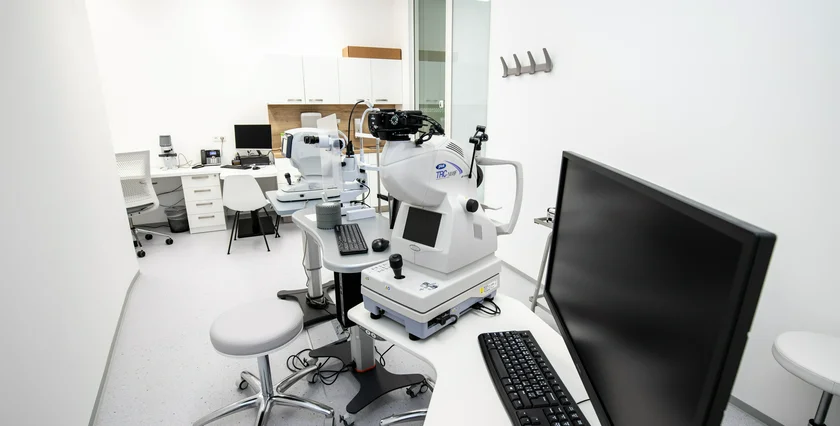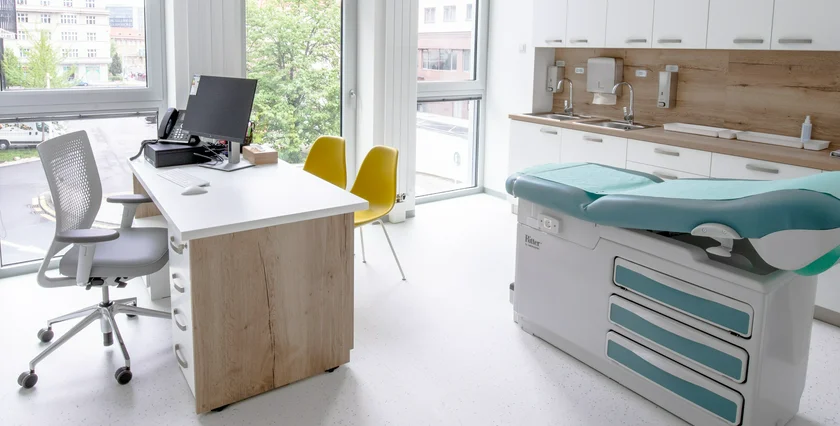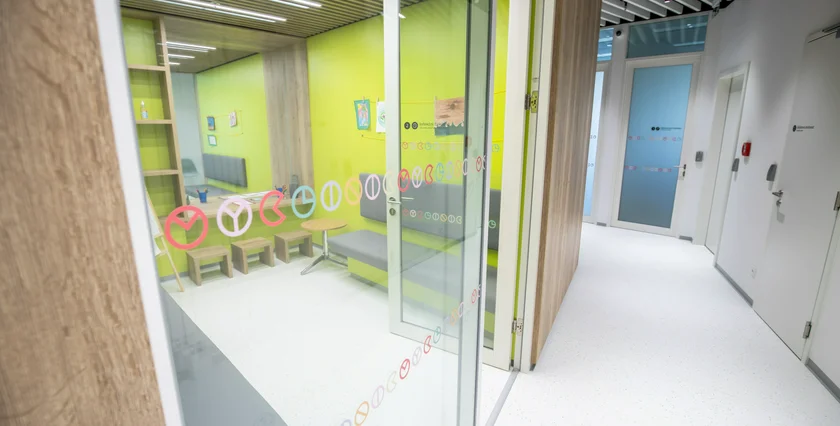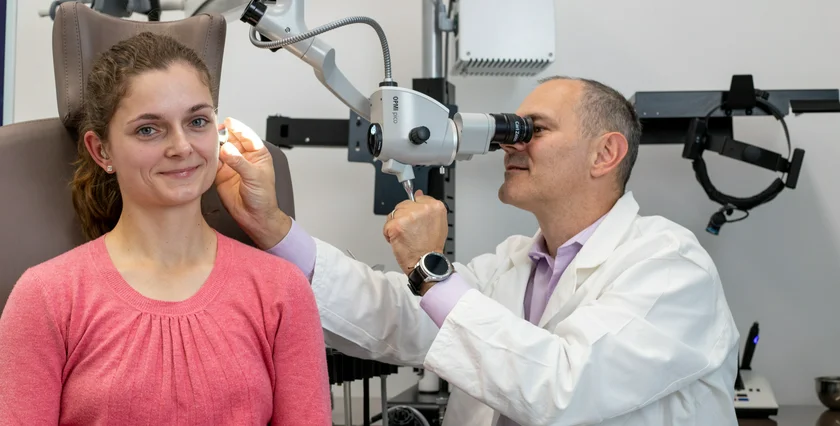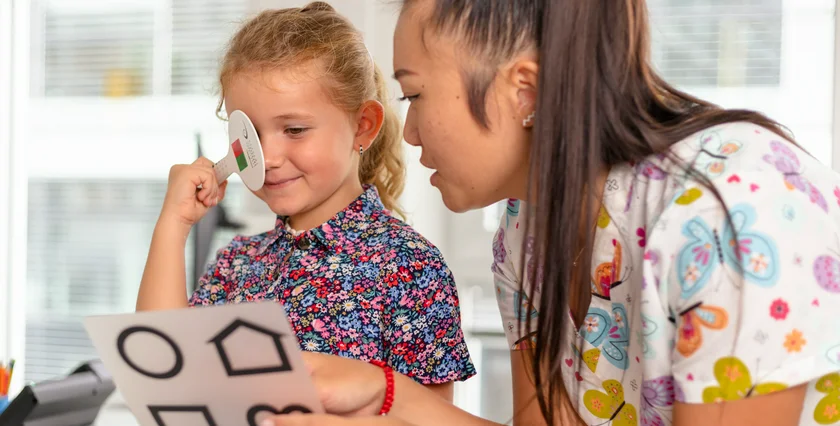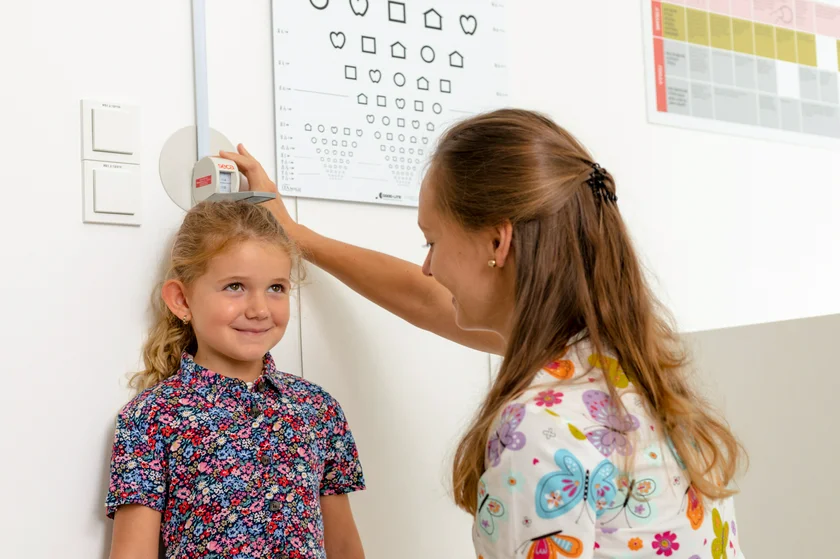Navigating healthcare in the Czech Republic can often prove frustrating to long-term expats, let alone new arrivals confronted with communication barriers, cultural differences, and unfamiliar medical practices.
While Czech healthcare is often regarded as affordable, efficient, and practical, it often falls short regarding patient care. Queries seeking referrals for “open-minded” or “English-speaking” doctors in Prague frequently pop up on social media channels, as do questions about unexpected, “hidden” fees on seemingly routine doctors’ visits or rants about “rude nurses” or excruciating long wait times at public hospitals.
More alarming has been the recent spike in the number of people frantically trying to find general practitioners and pediatricians taking on new patients. A growing number of people disenchanted with services provided in the public sector are turning to private healthcare, where doctors and staff can dedicate more time to individual patient needs in a more welcoming, less hurried environment.
MY CLINIC, a medical center that opened in Prague’s Dejvice district three years ago, is on a mission to change the narrative regarding patient care in the Czech Republic. The private clinic recognizes the unique challenges foreigners face in this country. With nearly 50 percent of its clientele from the expat community, MY CLINIC prides itself on giving patients the comfort, time, and empathy they’re used to getting from top healthcare facilities abroad.
“First and foremost, we believe it's important to instill a sense of trust and privacy in every client. Communication between a doctor and a client can be very challenging with a language barrier, potentially leading to an unsatisfactory atmosphere and a possible misinterpretation of the health condition,” says Michal Šafránek, the director of MY CLINIC Prague.
“Private clinics prioritize the linguistic competence of medical and non-medical staff, giving them an advantage over state institutions,” says Šafránek. “At our clinic, all doctors speak English; some are proficient in other global languages. Many of them also have international experience. That eliminates potential difficulties.”
It’s this sort of approach to client care that has attracted so many to MY CLINIC.
Yazmin has lived in Prague with her family for the last three and a half years and found navigating emergency rooms with her children at Prague’s public hospitals stressful. While the doctors generally have no problem speaking in English and are empathetic toward foreigners, according to Yazmin’s experience, the support staff is usually unable or unwilling to make the effort.
“Apart from that, challenges are coming mainly from cultural differences or prejudgments about foreigners, although this is not so big in the Czech Republic compared to other countries we have lived in,” says Yazmin. “The health system here is efficient and has a good overall ranking within Europe.”
She eventually turned to MY CLINIC at the suggestion of expat friends who raved about the medical provider.
“From the very beginning, we enjoyed the familiar atmosphere, the warm and helpful attitude of the reception staff, and the convenience when making all our appointments in one place,” says Yazmin. “MY CLINIC has a broad staff and many doctors and specialists. We feel like we are in good hands.”
Meanwhile, a patient from Italy who has been in the Czech Republic for two years recalls the struggle of finding a doctor accepting new patients.
“It is not unusual to be charged by doctors because they speak English with you,” she says.
In addition, the treatment in renowned local hospitals can be awful even if you go through the foreign office, where you can hear bullying phrases like ‘you are not Czech’ or ‘you do not have Czech insurance.’ In general, there is little empathy and kindness from doctors, and it is difficult to have a follow-up on your health condition.”
The Italian-native feels lucky to have found MY CLINIC, whose staff’s “human touch” made her feel safe and listened to.
“I was very sick last year, and I was cured in MY CLINIC by different doctors with professionalism and care,” she says. “In addition, for some specific medical tests and specialties, they support you in making appointments at different medical facilities in Prague as needed. I am grateful to have found such a good clinic with helpful staff and great doctors.”
Louise Beer echoes this sentiment. The Canadian recently relocated to Montreal after decades of living abroad and is currently facing reverse culture shock as she works to integrate into her native community.
“Now we have to start all over finding doctors and navigating a system that is not easy, and although we speak the same language here, being back in our neighborhood, I can tell you how difficult and foreign it is for us being back,” she says. “I count my lucky stars for all the wonderful staff I came across at MY CLINIC. I loved the nurses, the attention to detail, the receptionists that welcomed you, the physiotherapists that were so detailed.” It will be a hard act to follow.
MY CLINIC recruits medical professionals with certificates of excellence from embassies but also reaches out to doctors who may be looking to escape the Czech system and work in a facility that offers a higher level of service and care.
As a subscription-based service (the clinic accepts self-payers, foreign health insurance, and some Czech health insurance companies), MY CLINIC manages its clients to allow for greater ease in setting appointments, paying for care, and dealing with paperwork.
“We think foreign clients encounter challenges similar to those of the Czechs, such as dealing with many administrative tasks and facing long waiting times for examinations. When they finally get to their appointments, they spend much time in the waiting room, leaving the doctor after a few minutes with only a fraction of the information they were interested in,” says Šafránek, MY CLINIC’s director.
“When you add a language barrier to the mix, it can be a very frustrating experience,” he adds. “Many clients prefer private healthcare, where they can truly focus on their health, and we take care of the rest for them.”
This article was written in association with My Clinic. A private clinic of outpatient medical care it currently offers care in the fields of Internal Medicine/GP, Endocrinology and Diabetology, Nutritional Therapy, Allergology and immunology for Adults and for Children, Ear, Nose and Throat (ENT), Dermatology, Sonography, Rehabilitation and Physiotherapy for Adults and Children, Gynaecology and Obstetrics, Orthopaedics, Rheumatology, Ophthalmology, Neurology, Cardiology, Urology, Vascular and General Surgery, Psychiatry, Psychiatry for Children and Adolescents, Psychology, Paediatrics, Occupational Therapy for Children, Endocrinology for Children, Gynaecology for Children. More about our partner content policies here.












 Reading time: 5 minutes
Reading time: 5 minutes 

